Metalforming matters
In the September 2024 issue of ISMR, Stephen Morley, President of the Confederation of British Metalforming (CBM) in the UK, highlights the issues that matter to its members and outlines global metalforming market trends and challenges.
==
The Confederation of British Metalforming (CBM) represents the interests of more than 200 UK manufacturers of fasteners; forgings; pressings; cold rolled and sheet metal products; suppliers and OEMs. Its members create components, fabrications and structures for many global OEMs and their supply chains.
The CBM advocates for its members on a range of issues and regularly lobbies UK government and industry bodies on their behalf. It also recently held the past presidency of ICOSPA (the International Council of Sheet Metal Presswork Associations), a platform for the international exchange of the sheet metal engineering industry. The CBM is still the Secretariat for ICOSPA.
ISMR sat down with CBM’s President, Stephen Morley, to uncover the issues that are at the heart of its activities for members and gauge his overall view of metalforming markets, trends and challenges.
===
ISMR: Please give a brief background to the CBM and the services that you offer to members?
SM: The majority of our 200 metalforming members (around 85%) are UK SMEs. We also have a number of associate members (a couple are from Europe). We have a small, but highly effective, team (expertly led by our CEO, Geraldine Bolton) and work hard to constantly grow CBM membership. For example, we recently welcomed Jaguar Land Rover (JLR) as a member, along with several companies in its supply chain. A few weeks ago, we also brought Bridgenorth Aluminium into membership. It is one of the biggest employers in Shropshire.
Raising the profile of metalforming, as well as giving all manufacturers a collective voice at the highest level, allows us to win important concessions in the UK legislative process. Each year, we save a combined total of £4m for members by co-ordinating the Climate ChangeLevy tax discount scheme on their behalf (one of the major benefits of CBM membership).
We promote the skills, products and services of members through our Metal Matters magazine, and our Buyers Guide also offers a wealth of important data about our members.
Identifying potential business opportunities for members is crucial. Our partnership with the Advanced Forming Research Centre (a CBM member) helps companies, particularly SMEs, to turn innovative ideas into viable products or processes. Our Buyers Guide allows OEMs to easily identify the skills they require and establish relationships with members. We also regularly monitor the availability of national and regional funding and grants to make companies aware of potential opportunities to access finance.
We arrange year-round events (as well as webinars) so that speakers from the public and private sectors, academics and the business advisory community can share expertise and provide valuable insights to members. We also offer market sector-based events, where technical specialists advise on winning work in the sector’s supply chains and identify training and funding opportunities.
ISMR: Are there any specific targets or goals (strategic or technical) that you are pursuing for the association?
SM: The CBM is fast becoming a one-stop shop for members and it provides solutions, whether on government assistance; policy; training; energy relief; apprenticeships; HR; innovation etc. We regularly lobby civil servants, government ministers and trade bodies. We also liaise with the UK Catapult network and universities; we are currently participating in funded projects with Imperial College, Birmingham University and CBM members, for example.
I am really proud of how we supported our members during the COVID-19 pandemic. We kept in contact with members and regularly ran webinars (two webinars with members and government civil servants per week). We also learned the criteria for different UK government initiatives and company support (e.g. furlough) etc.) and continuously advised our members on the correct procedures to access support.
Since then, we have tried to keep that momentum going. We do a lot of media work to keep our profile high. Of course, we have also had to deal with Brexit issues and the Brexit deal to try to protect our members in various sectors. We have also fought to protect our members from the effects of steel quotas, which are still in place, and on spiralling energy costs as a member of the Energy Task Force.
It is important that the SME voice is heard, especially if companies do not have the resources to deal with an issue in-house. We encourage our members to engage with us on the issues that they care about.
ISMR: What are your views on the current global business climate for sheet metal, fastener, cold rolling and forging professionals in the UK and further afield? What about the climate in 2025?
SM: Based on what we know today, there are still many challenges across the sectors i.e. supply chain and regulatory issues. These include global logistical issues, port capacities, the cost of containers that keeps fluctuating and shipping routes that keep moving (Red Sea closures etc.). These global factors still impact the supply chain.
High energy costs are still prevalent but there is now less noise in the UK about them because many companies who were in restrictive energy contracts have worked their way out of them. However, some of our members are still in high energy contracts that are frightening and the cost of energy is still double what it was pre-COVID. One of the other frustrations is how the High Intensity Energy Fund in the UK is used to support organisations that may not be high-intensity. Some of our forging company members still cannot access this fund.
The automotive sector is central to our membership, but I feel that it has also ‘put all its eggs in one basket’ by stopping or slowing down internal combustion engine production too quickly, which dramatically reduced volumes across the UK and Europe.
The high cost of EVs, no grants and lack of infrastructure in certain areas has resulted in a slowdown in EV production, which means a ‘double whammy’ for our members in the supply chain.
In the global marketplace, Putin and developments in China will also have an impact on trade developments. However, our members are resilient and are definitely more optimistic than pessimistic…..
ISMR: With the advent of a new Labour government, what are your hopes for much needed support that it could provide for manufacturing in the UK?
SM: In the recent UK General Election, none of the big parties mentioned Brexit yet it is still the greatest frustration and cause of issues for our members. The previous Conservative government did not do a lot to support manufacturing. We needed ‘a fresh broom’ in government. The new Labour government is saying the right things to support manufacturing and seems prepared to move at pace. It remains to be seen what transpires.
I have met Rachel Reeves, the new Chancellor, but we have not rushed in and started bombarding MPs with emails. We want to take our time and put the case for our members cogently. We need an Industrial Strategy in the UK and have done for a while. The UK Apprenticeship Levy also needs to be reviewed and skills development training needs to be supported.
I want to see a revision on energy relief available, which would help some of our members (particularly the larger forging companies). The greatest challenge right now is the Workers’ Rights Bill that the UK’s Deputy Prime Minister, Angela Rayner, is currently reviewing.
On the Brexit challenge, the new Labour government has stated that it will try to improve our relationship with the EU. We definitely need a better trade deal and a Customs agreement for our manufacturers.
To read the rest of this interview, see https://joom.ag/1myd/p26


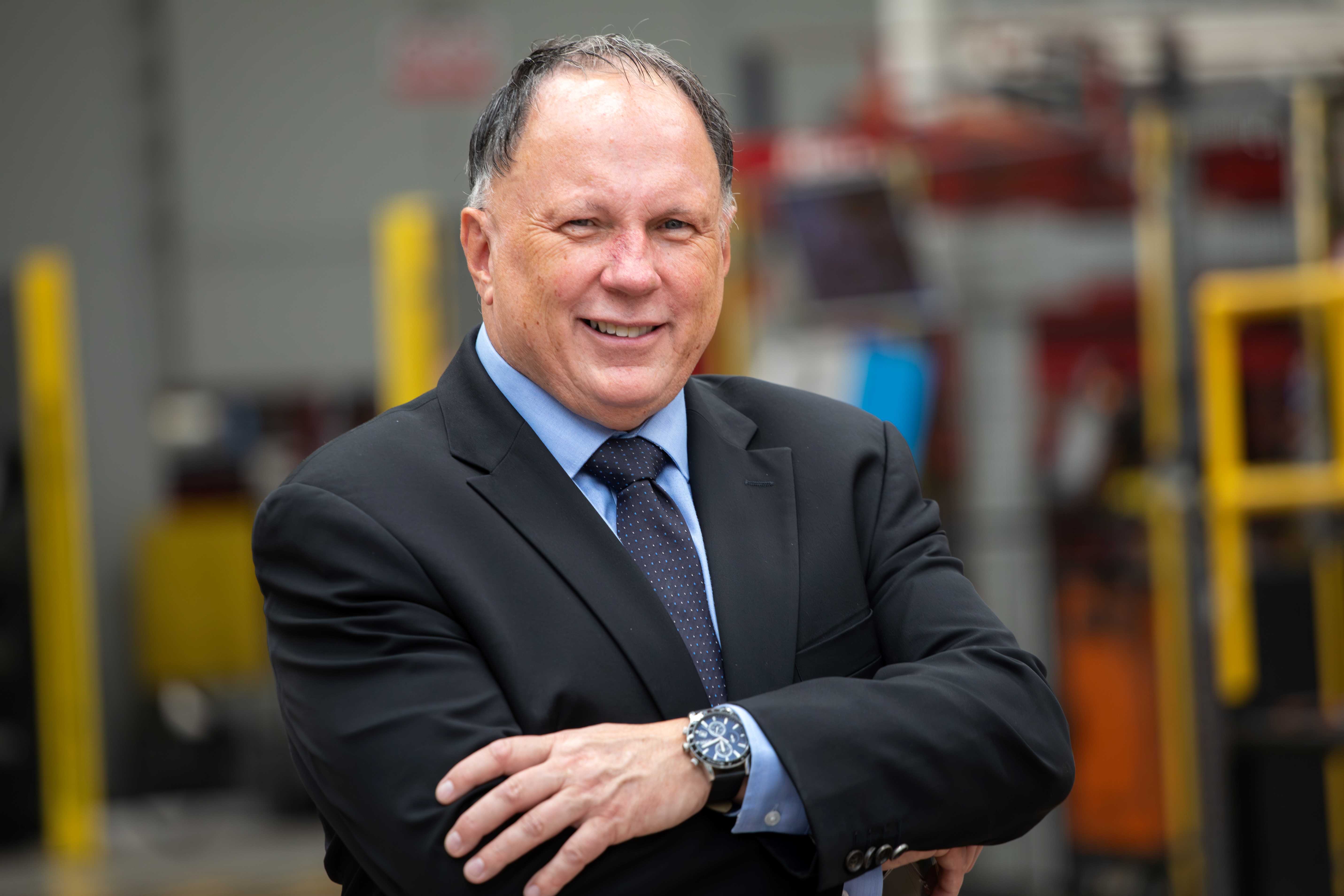
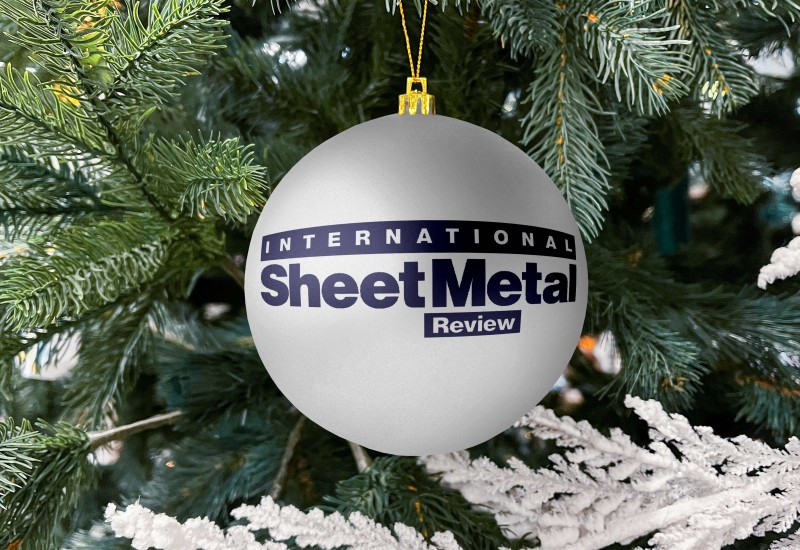
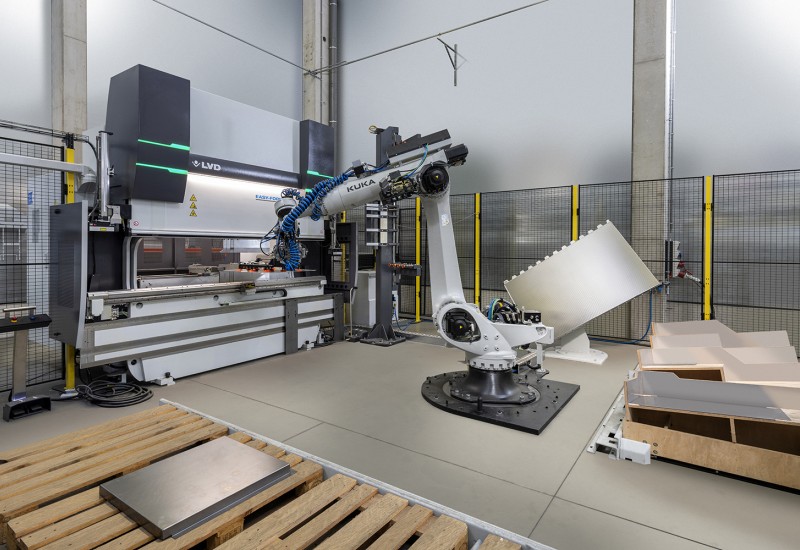
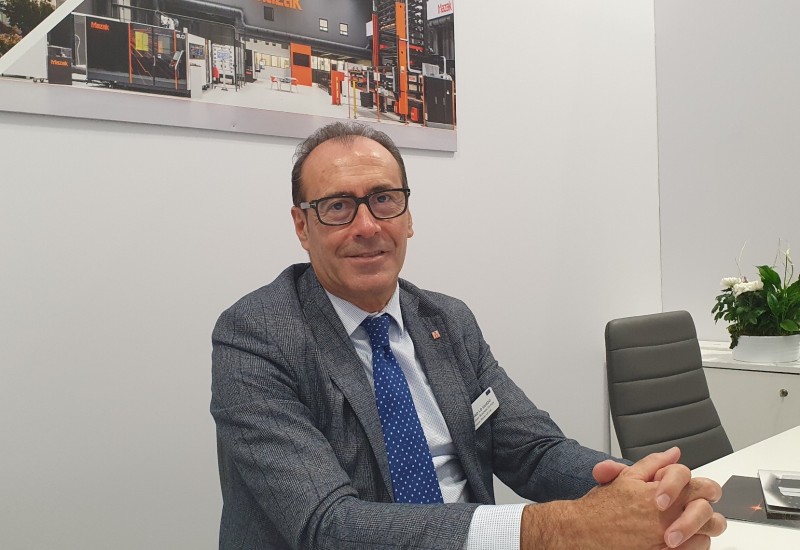

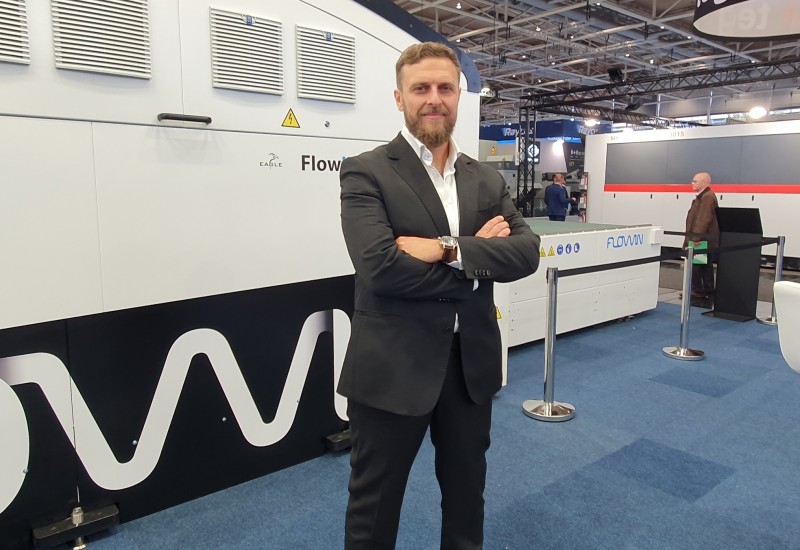
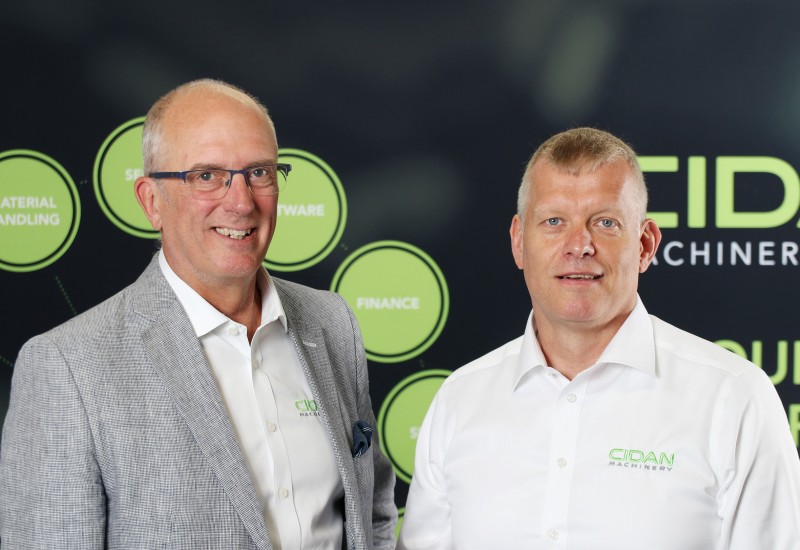
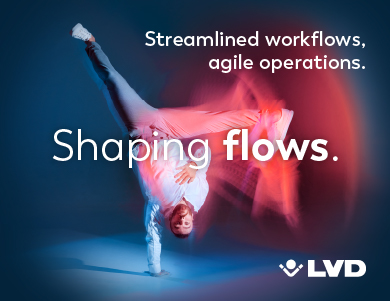
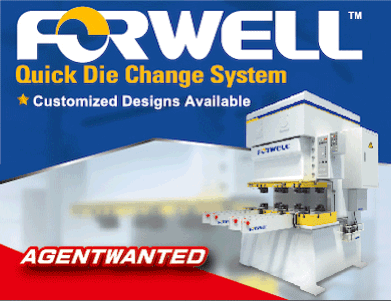
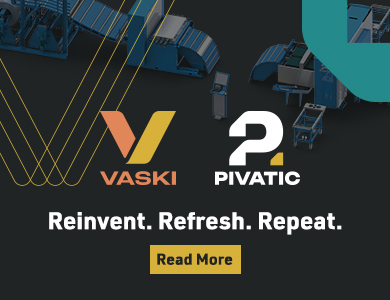
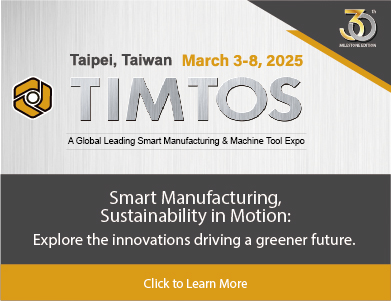
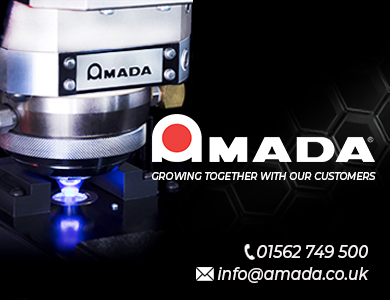
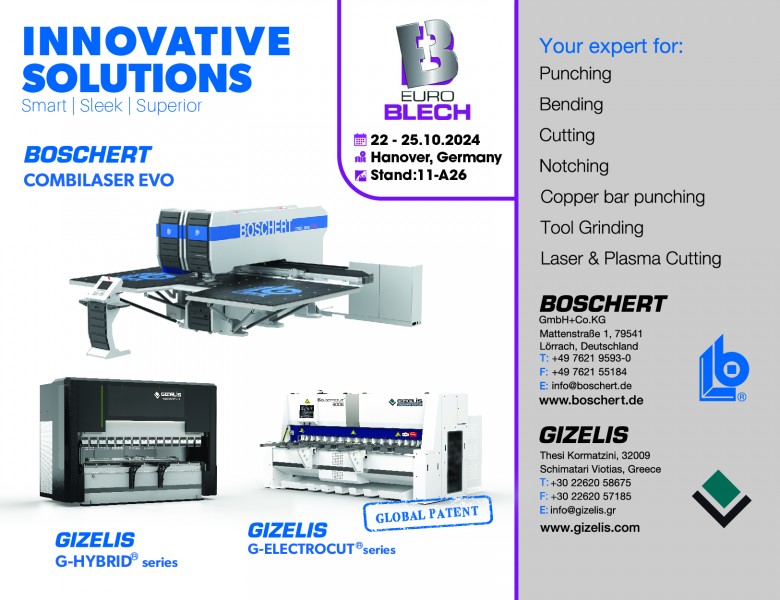

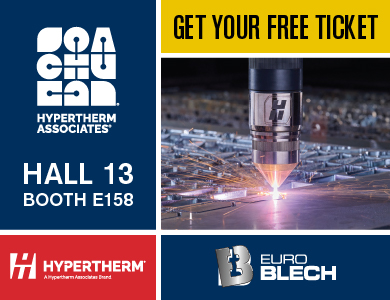
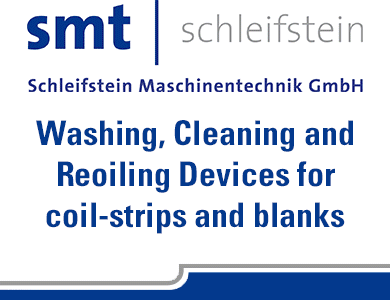
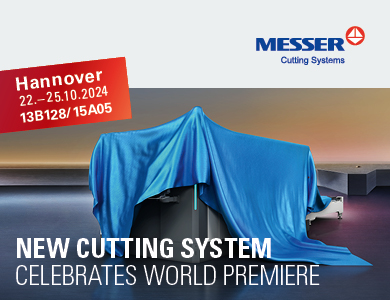
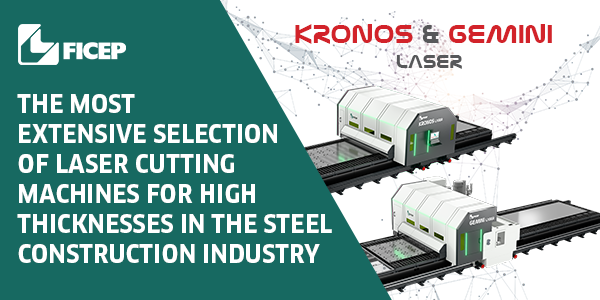
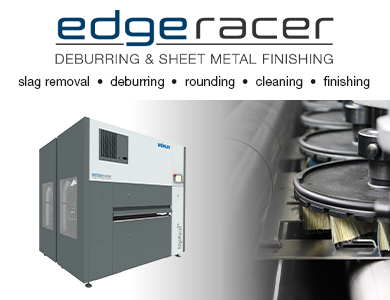



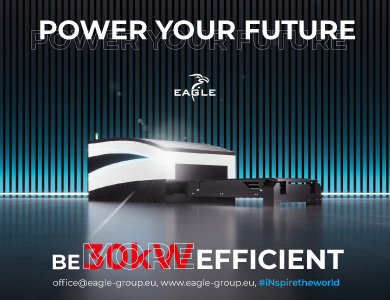
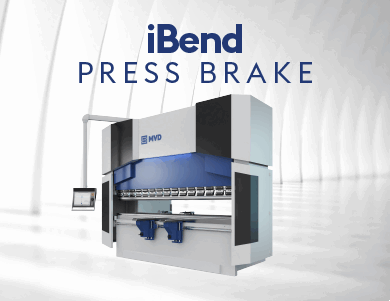
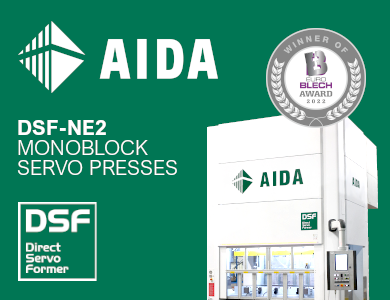
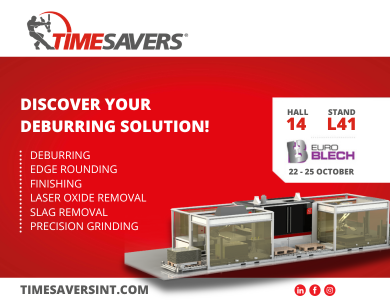
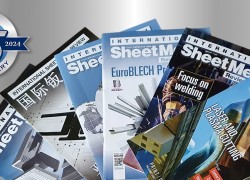
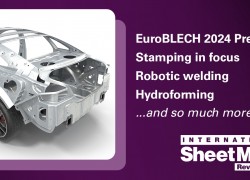
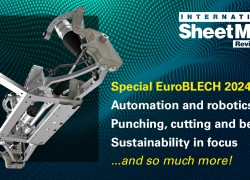

Recent comments